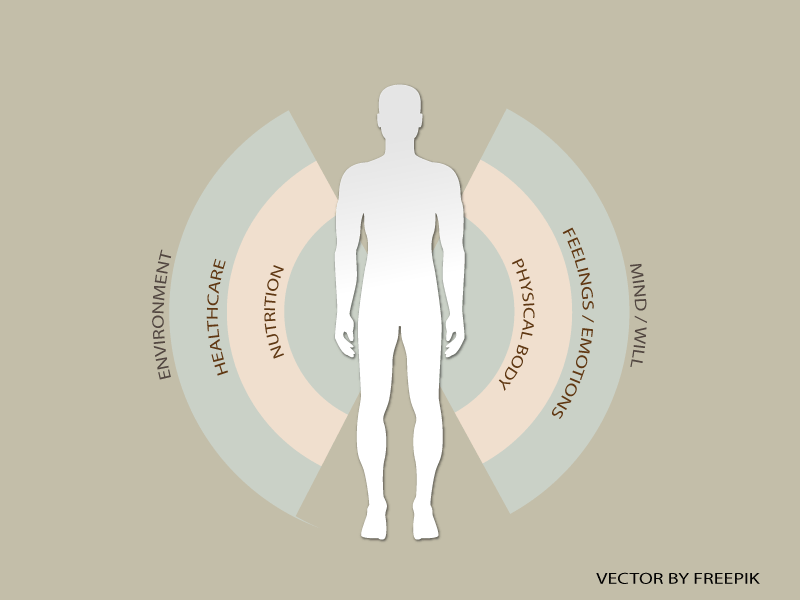DISEASE ⇋ MIND ⇋ SUBCONSCIOUS ⇋ GENETIC CONSTITUTION


Homeopathy is a system of medical therapy that concentrates on care of whole person, by methods that are gentle and sympathetic to body needs. It develops from investigations carried out in early 18th and 19th centuries by German physician SAMUEL HAHNEMANN. The word homeopathy was coined by dr Hahnemann from two Greek works, HOMEOS {LIKE}, PATHOS {SUFFERING} Dr Hahnemann’s word neatly sums up one of the basic principles of homeopathy, which had been expressed for centuries in medical treatises by the Latin tag, SIMILIA SIMILIBUS CURATUR, meaning ‘ LIKE IS CURED BY LIKE’ Together with the principle of ‘Like cures like’ homeopathy couples second equally important concept the use of MINIMUM DOSE. One of the major advantages of homeopathy is its safety. While its medicine is powerful in action working with body’s own defence system, their actual measurable strength is too low to give rise to undesirable side effects. A central principle of homeopathic diagnosis and treatment concerns the SIGNS AND SYMPTOMS of a disease. Homeopathic practitioners regard them as expressions of the way in which the body itself is endeavouring to combat disease.
They see them as positive indications of the body’s attempt to maintain status quo, rather than manifestations of disease itself. Rather than seeing the patient as mere objects, exhibiting particular symptoms, homeopath look first at the person as a whole. This is because they recognize that, if symptoms reflect the patients’ physical response to illness, it is necessary to take account of everything about the patient before symptoms can be correctly understood. A particular patient may exhibit different signs and symptoms in response to a disease. The signs and symptoms depend on person’s age, general health and vitality, previous medical history and state of mind. Homeopathy is holistic because it considers the whole person. Few people would dispute the reality of their body, their emotions or their mental processes. In holistic homeopathic terms, aspects of all diseases manifest themselves at every level- and total health and well-being depend upon harmony and balance being present on each plane of being.